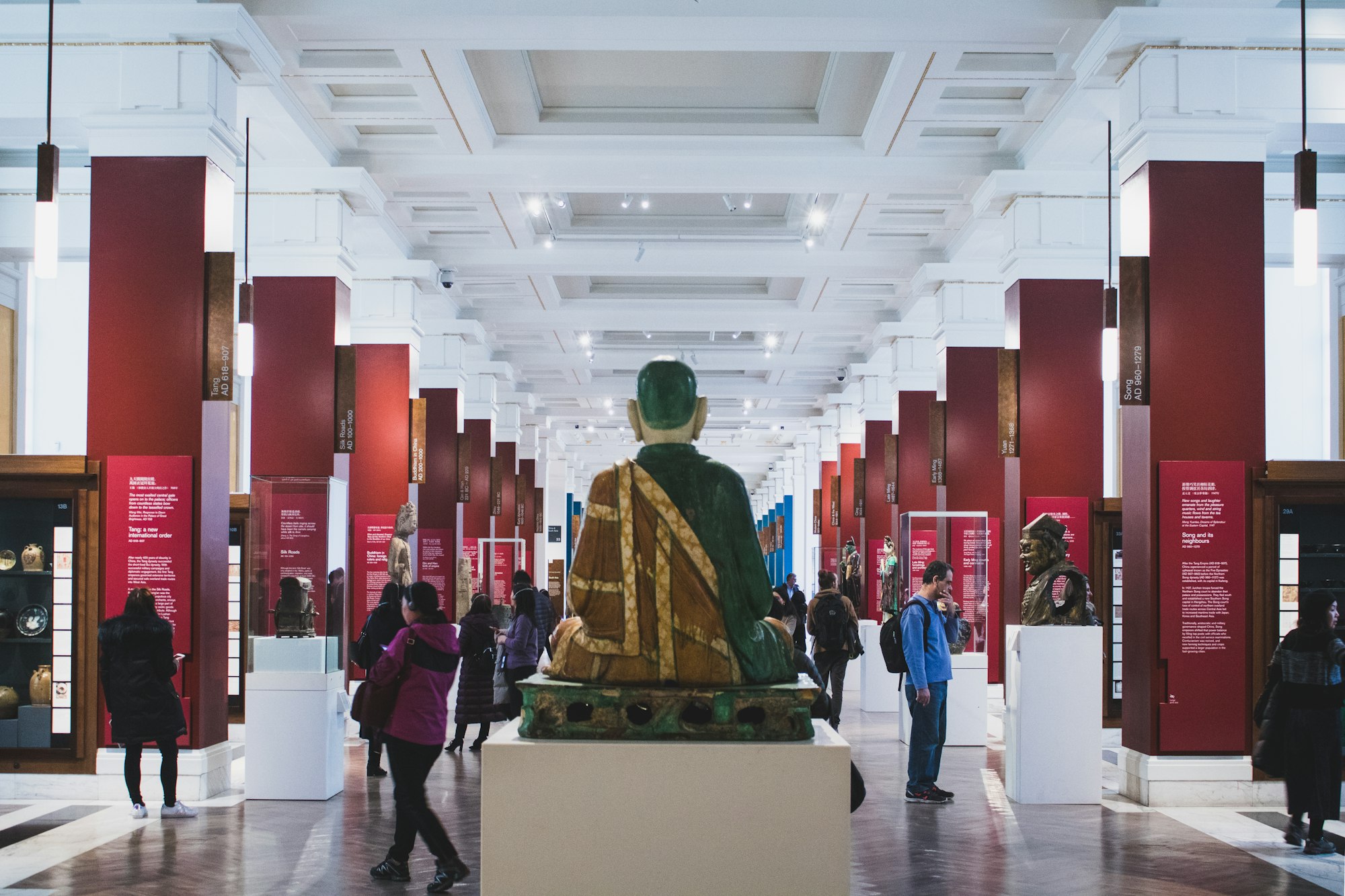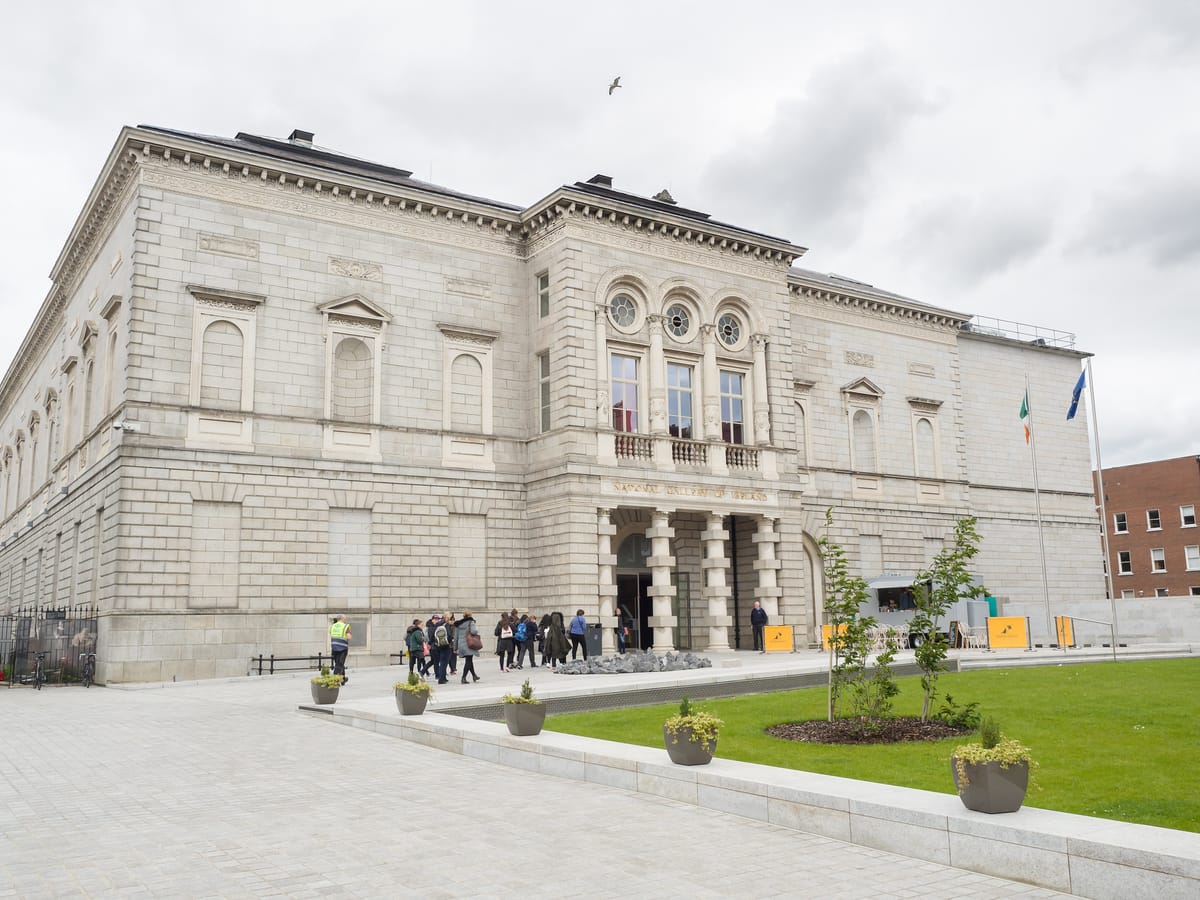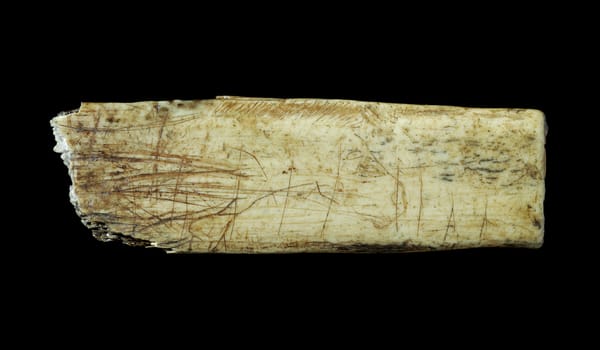Should UK Museums Return Stolen Human Remains? Pressure Mounts for Repatriation
As global pressure mounts, UK museums face demands to return human remains taken during colonial rule. Are they artifacts—or stolen ancestors who deserve to be laid to rest?

For centuries, Britain’s most prestigious museums have held not just artifacts, but human remains—bodies taken during the height of empire, stripped of dignity, and displayed as curiosities. Now, a growing movement is demanding their return.
A new report from the All-Party Parliamentary Group for Afrikan Reparations (APPG-AR) calls for an immediate end to the public display of ancestral remains in UK museums, including the Egyptian mummies at the British Museum. The demand is clear: human remains are not artifacts. They should be repatriated, buried, or treated with the same reverence afforded to Britain’s own historical figures.
The report exposes a glaring hypocrisy. Britain fiercely protects the sanctity of its own monarchs and national heroes, keeping them in cathedrals and royal tombs. At the same time, it continues to display the remains of the colonized without consent, their bodies removed from their homelands as trophies of empire.
Bell Ribeiro-Addy, Member of the UK Parliament and chair of the APPG-AR, makes it clear: “Imagine taking the remains of British monarchs and putting them on display in another country. Even if they were kept in their coffins, would we accept that?”

For decades, institutions like the British Museum, the Natural History Museum, and the Victoria and Albert Museum have justified keeping these remains for 'education' and 'historical value.' Critics call this what it is—an extension of colonialism.
The debate has long centered on Egyptian mummies, some of the most visited exhibits in the country. Museums have begun calling them “mummified persons” instead of objects, an attempt at humanizing them. But they are still on display, treated as exhibits instead of ancestors.
The issue is not limited to Egypt. In Edinburgh, members of the Sudanese community discovered their ancestors' body parts in the University of Edinburgh’s Anatomical Museum. These remains were taken by British forces after the Battle of Omdurman in 1898, a colonial massacre in which thousands of Sudanese fighters were killed. More than a century later, they remain in Britain, their fate decided by institutions instead of their descendants.
Across the world, countries are acting where Britain has not. France has returned stolen skulls and artifacts to Algeria. Germany has repatriated human remains taken from Namibia during its brutal colonial rule. The U.S. has passed federal laws to return Native American remains.

The APPG-AR’s report calls for sweeping legal changes, including amending the Human Tissue Act 2004 to allow museums to permanently remove human remains from their collections. It also proposes a total ban on the sale of human body parts, a practice still legally allowed in Britain if the remains are more than 100 years old.
The British Museum insists it follows ethical guidelines. But guidelines are not action. The world is moving forward, and Britain is being left behind.
As more voices demand justice, UK museums are running out of time. Will they lead in ethical museum practices, or will they cling to the relics of empire?
One thing is certain: history is watching.
ART Walkway News







